In early May, more than 250 CEOs from leading US corporations, including Microsoft, Adobe, IBM, Uber and LinkedIn, signed an open letter calling for mandatory teaching of AI and computer science in high school.
A study from the Brookings Institution found that students who had access to high-quality computer science courses in high school increased their likelihood of being employed by 2.6 percentage points and their annual earnings by about 8% at age 24. Additionally, widespread AI and computer science education could unlock up to $660 billion in economic potential each year for American workers, while narrowing income and skills gaps between demographic groups.
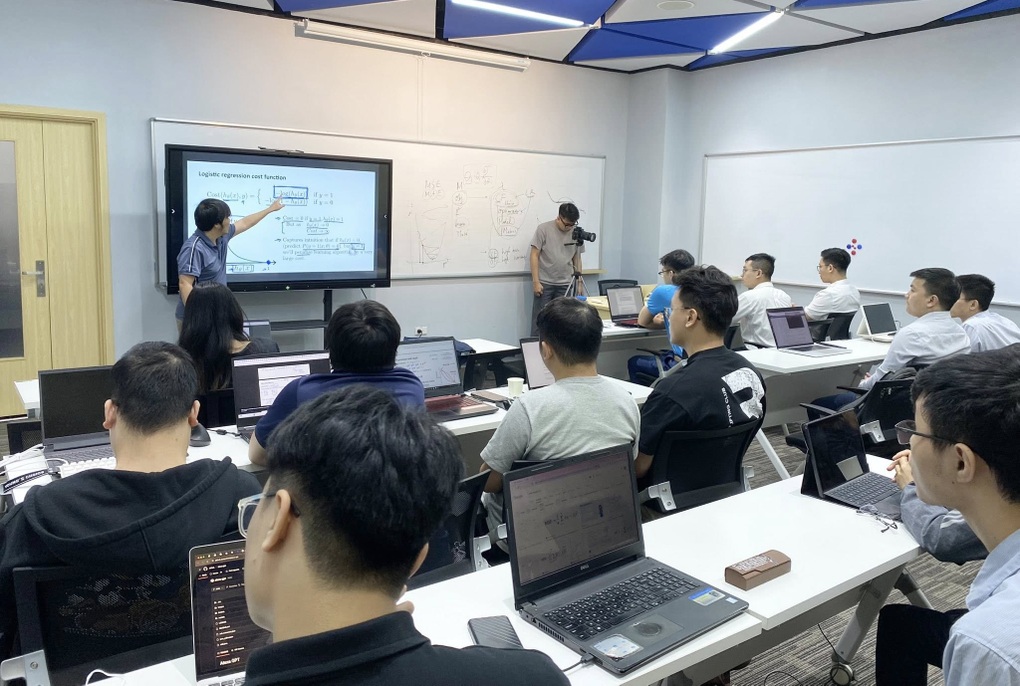
Incorporating AI into teaching content is currently a trend in many training schools around the world (Photo:FPT Education).
Not only the US, China has also long considered AI training as a strategic weapon. The country's Ministry of Education has issued two important documents, the Guidelines for General AI Education in General Schools and the Guidelines for Using AI to Generate Content in General Schools (2025), to promote artificial intelligence (AI) education in primary and secondary schools nationwide.
The two documents lay the foundation for building a comprehensive AI education system, applying a "spiral" training model from primary to high school. The goal is to develop students' ability to think innovatively, critically, collaborate with AI and have a sense of social responsibility. At the same time, strict regulations are put in place to control the use of AI in the school environment, such as prohibiting students from using AI-generated content to submit assignments and teachers from using AI to replace their main teaching role.
The training program is implemented according to a "spiral" model, meaning that students will approach AI knowledge from the initial cognitive level, then gradually increase to technical understanding and finally creative practice towards the goal of comprehensive development of knowledge, skills, thinking and values. Top Chinese universities such as Peking University, Renmin University of China and Shanghai Jiaotong University have announced plans to expand enrollment and deploy AI courses.
Bringing AI into teaching at the secondary level is to form an early foundation of technological thinking for future generations. At higher levels such as university and postgraduate, according to Dr. Tran Quang Huy, Head of Training Department of FSB Institute of Management & Technology - the training unit for postgraduate programs at FPT University, AI training at these levels does not stop at "understanding technology" but also aims at knowing how to use technology to increase productivity and work efficiency.
According to Dr. Tran Quang Huy, grasping the AI training trend of schools around the world, in Vietnam, training institutions have also begun to enter the AI human resource race. In particular, FSB is also implementing training in integrated AI postgraduate programs. This includes the AI-oriented Master of Business Administration (SeMBA in AI) and the AI-oriented Master of Software Engineering, which are being trained at the facilities in Hanoi, Da Nang, Ho Chi Minh City, and Can Tho.
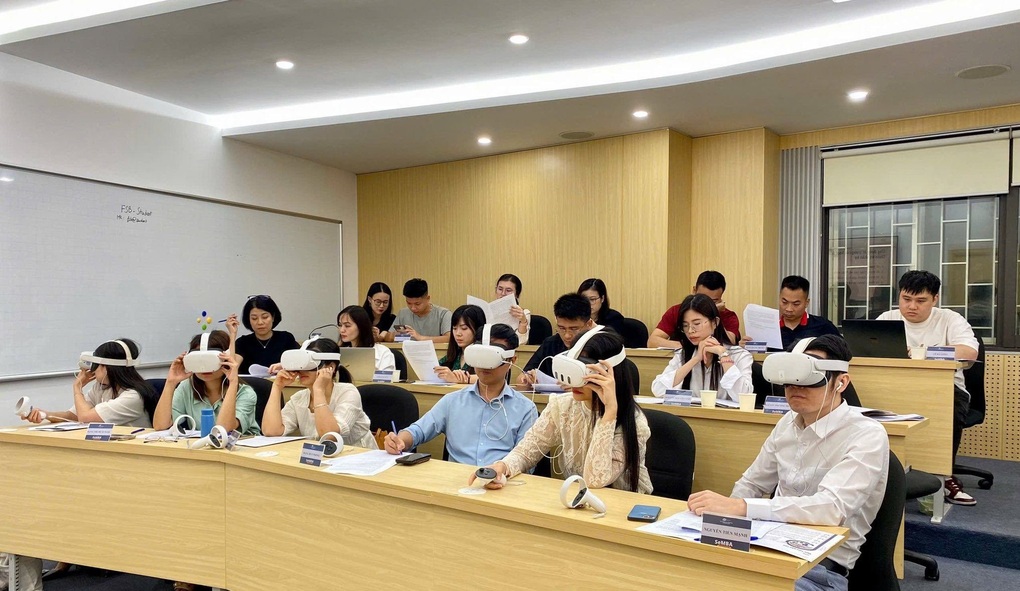
FSB integrates AI and virtual reality (VR) technology into MBA teaching to help students get acquainted with the application of AI technology (Photo: FPT Education).
SeMBA in AI not only provides basic knowledge of management and business but also equips students with the skills to apply AI to every aspect of business operations and management, from finance, marketing, startups to customer experience. Unlike traditional programs, SeMBA in AI uses business simulation methods, analyzing real business management problems from businesses to help students practice critical thinking and decision-making skills.
Meanwhile, the Master of Software Engineering with an AI focus (MSE AI) program provides in-depth technological knowledge and skills to build and develop AI products and lead technology projects. The highlight of MSE AI is the opportunity to practice projects related to AI and data analysis with a team of lecturers and experts at FPT.
For detailed information about the programs, visit caohoc.fpt.edu.vn or call hotline 0932 939 981.
Source: https://dantri.com.vn/giao-duc/giao-duc-ai-chia-khoa-de-khong-bi-tut-lai-trong-cuoc-cach-mang-tri-tue-nhan-tao-20250828231535142.htm


![[Photo] President Luong Cuong receives President of the Cuban National Assembly Esteban Lazo Hernandez](https://vphoto.vietnam.vn/thumb/1200x675/vietnam/resource/IMAGE/2025/9/30/4d38932911c24f6ea1936252bd5427fa)
![[Photo] Solemn opening of the 12th Military Party Congress for the 2025-2030 term](https://vphoto.vietnam.vn/thumb/1200x675/vietnam/resource/IMAGE/2025/9/30/2cd383b3130d41a1a4b5ace0d5eb989d)
![[Photo] General Secretary To Lam, Secretary of the Central Military Commission attends the 12th Party Congress of the Army](https://vphoto.vietnam.vn/thumb/1200x675/vietnam/resource/IMAGE/2025/9/30/9b63aaa37ddb472ead84e3870a8ae825)


![[Photo] The 1st Congress of Phu Tho Provincial Party Committee, term 2025-2030](https://vphoto.vietnam.vn/thumb/1200x675/vietnam/resource/IMAGE/2025/9/30/1507da06216649bba8a1ce6251816820)
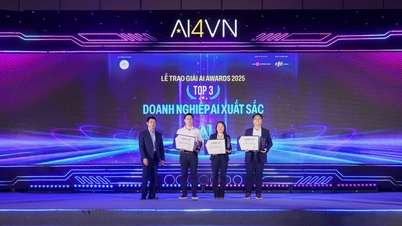







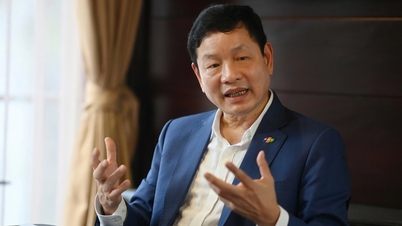
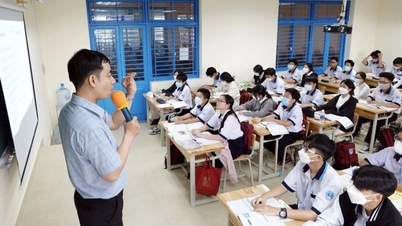

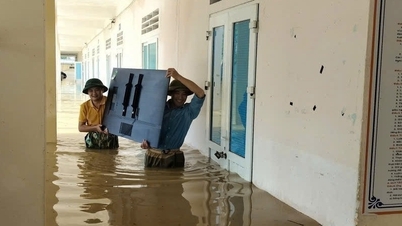


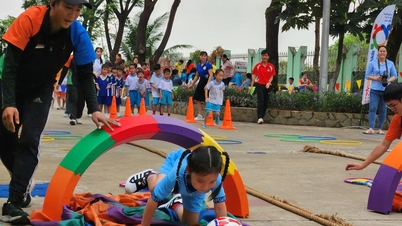
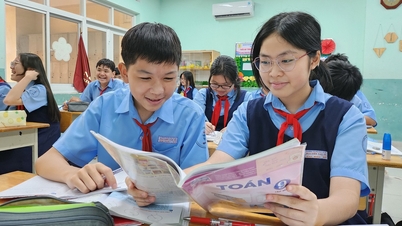

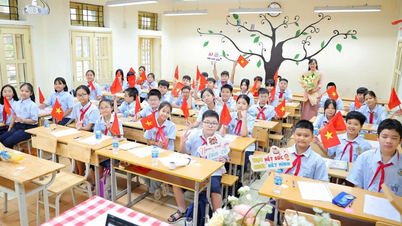











![[Photo] Panorama of the cable-stayed bridge, the final bottleneck of the Ben Luc-Long Thanh expressway](https://vphoto.vietnam.vn/thumb/1200x675/vietnam/resource/IMAGE/2025/9/30/391fdf21025541d6b2f092e49a17243f)












































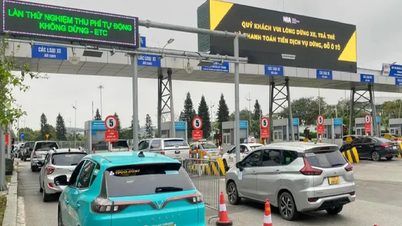

















Comment (0)